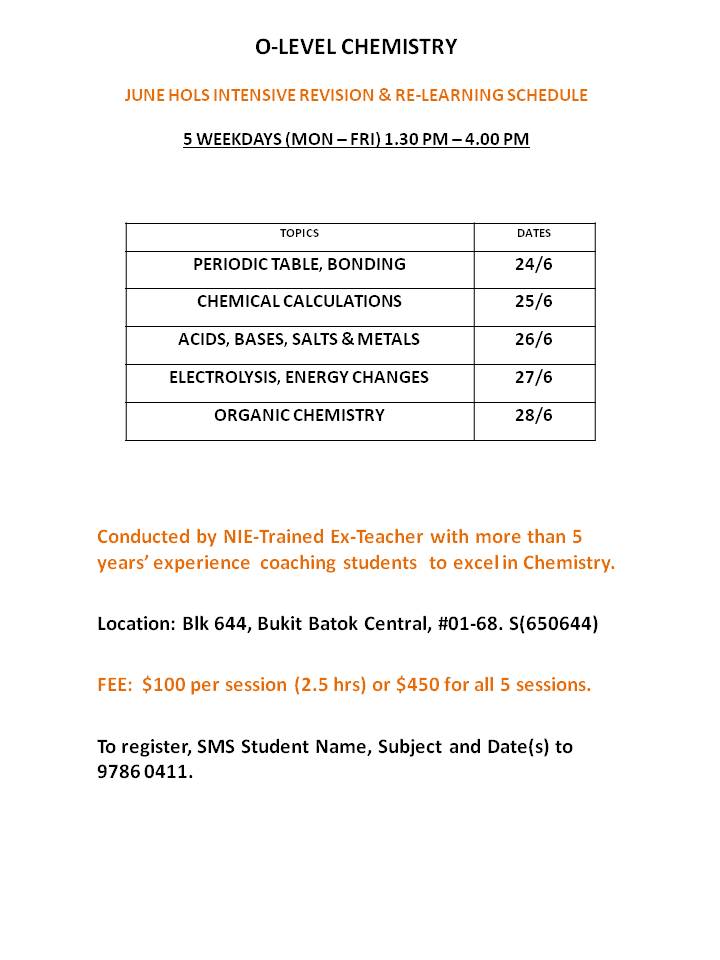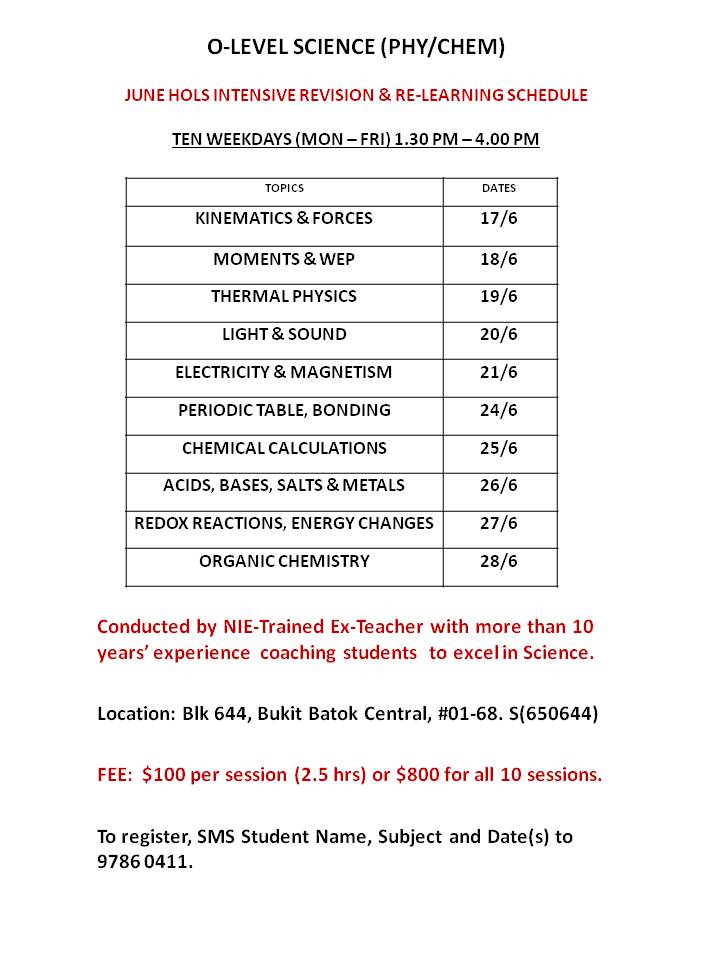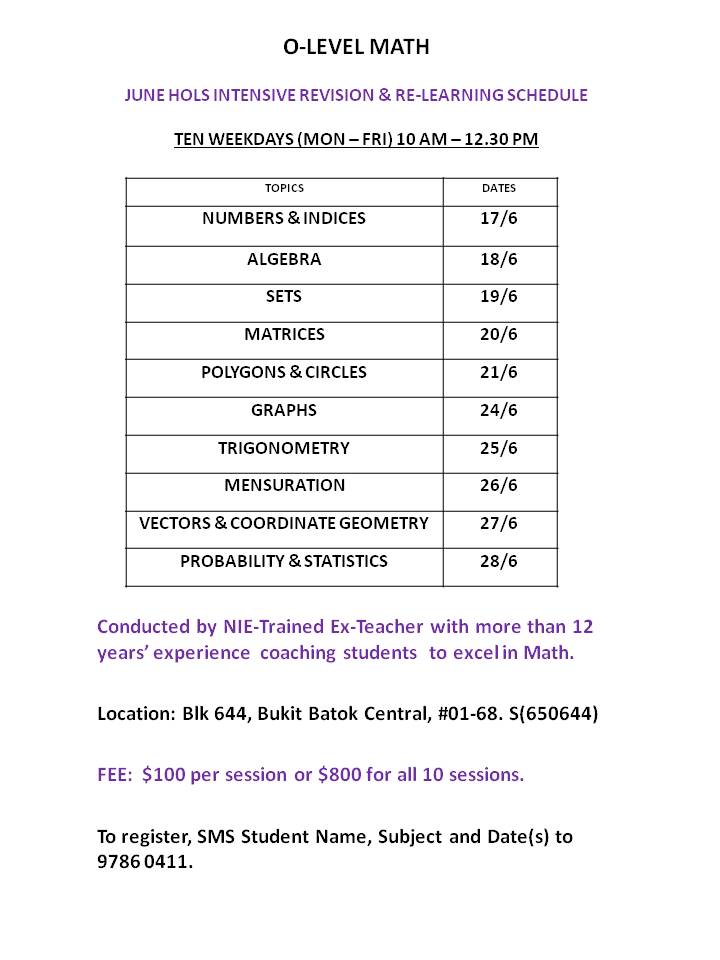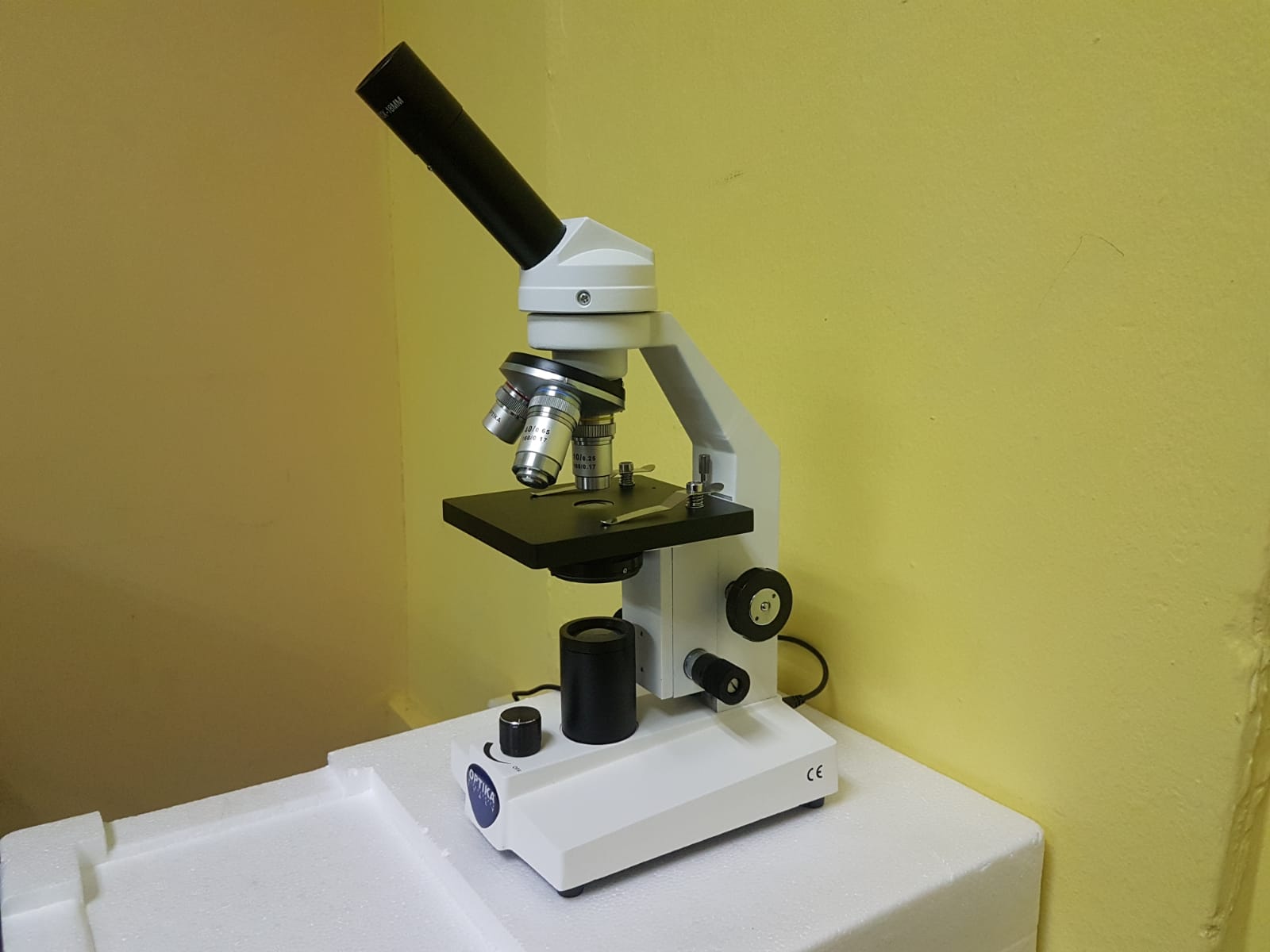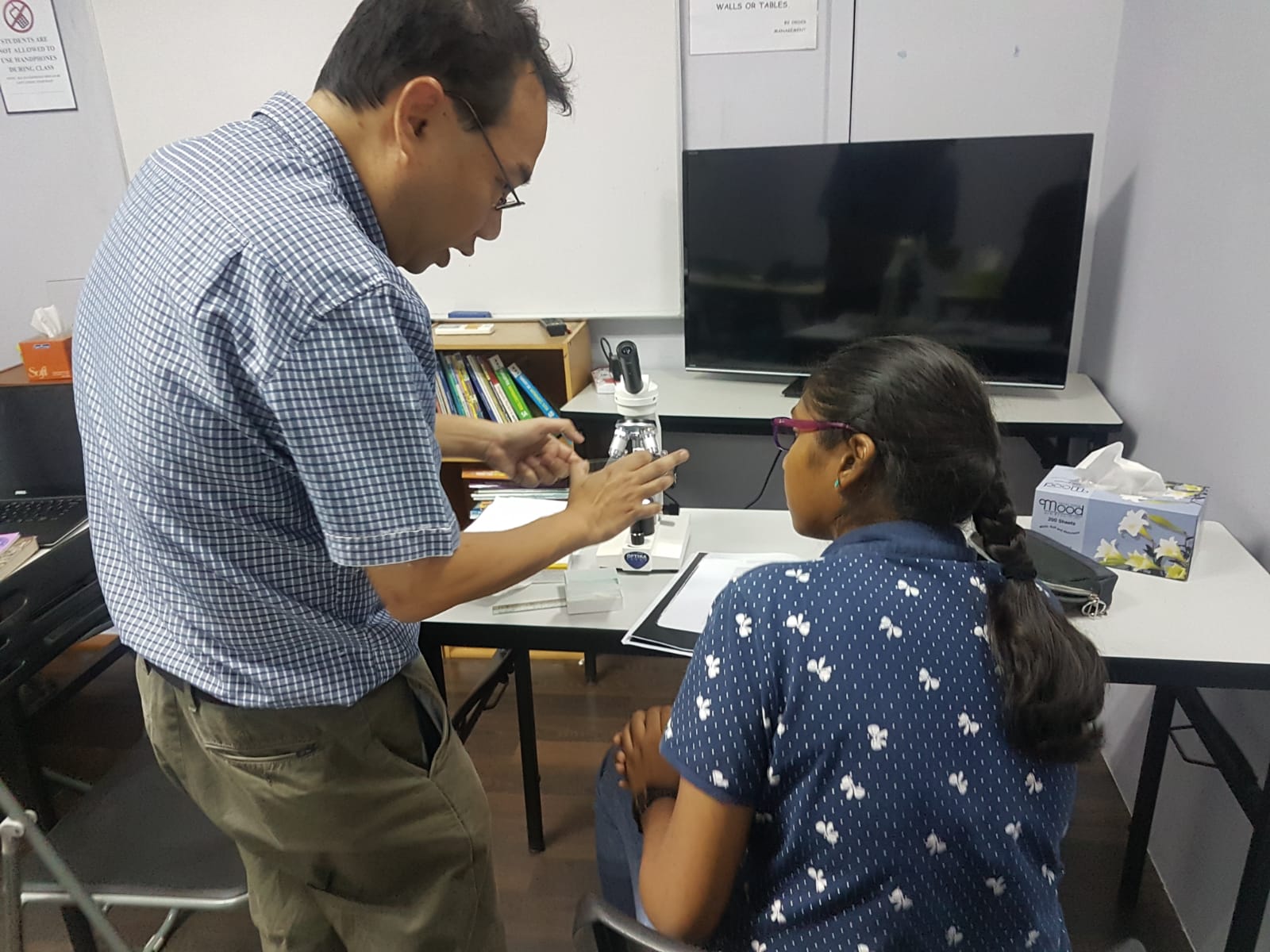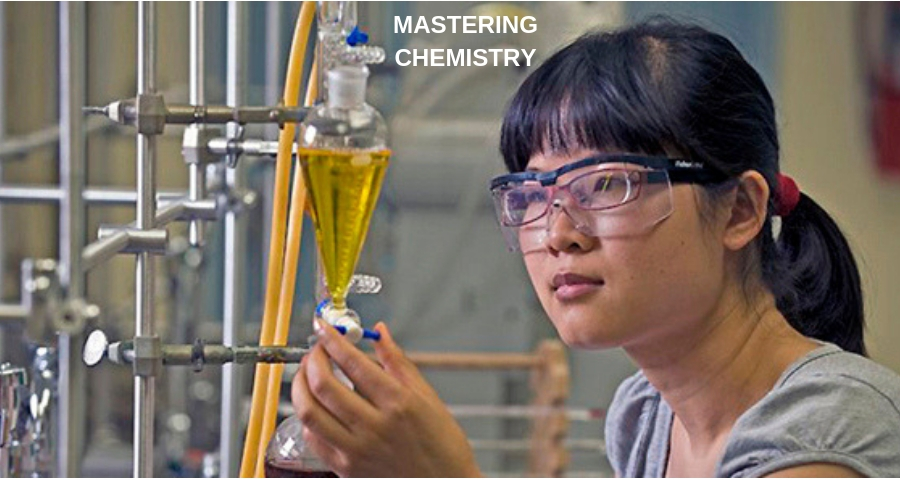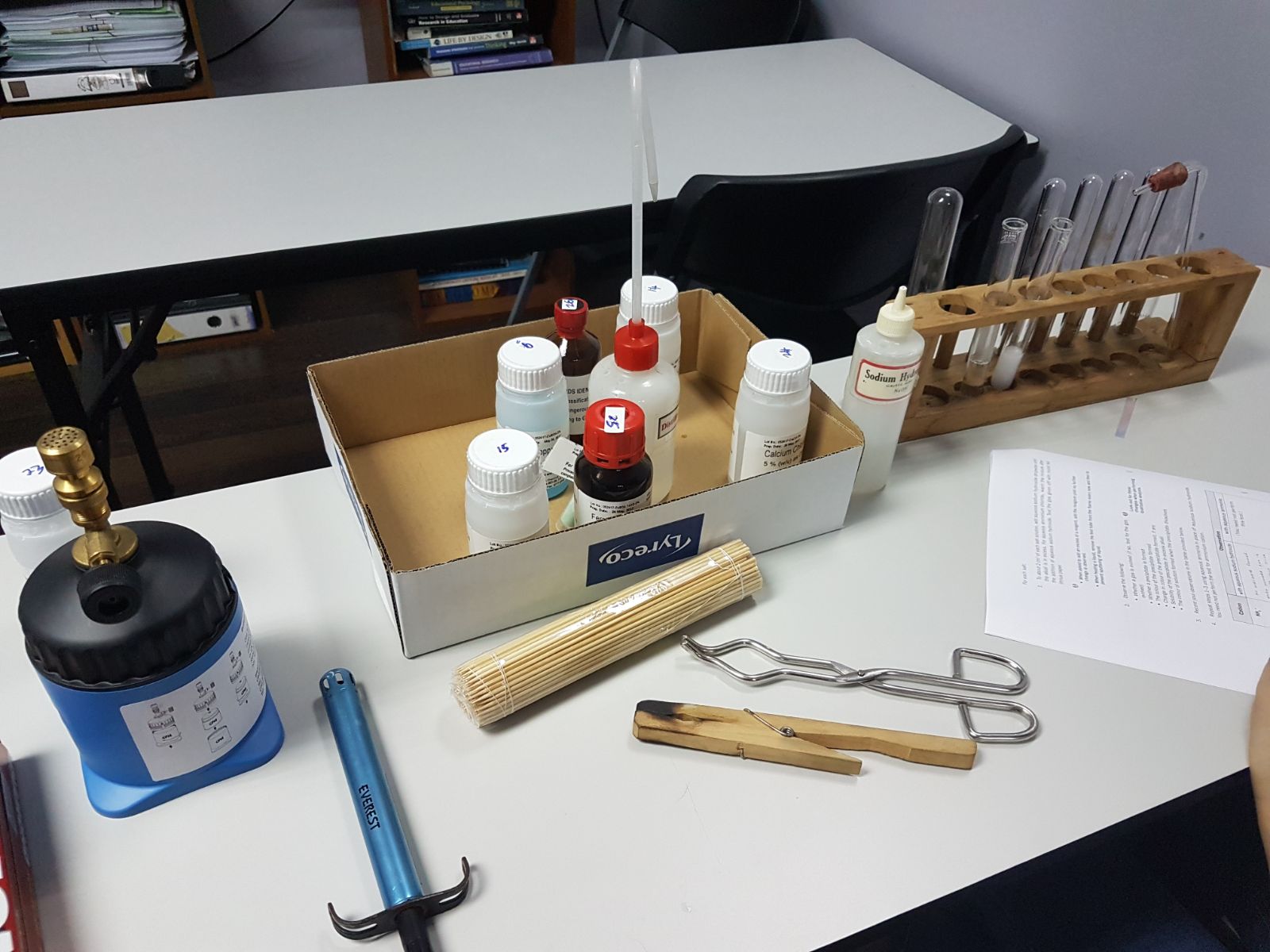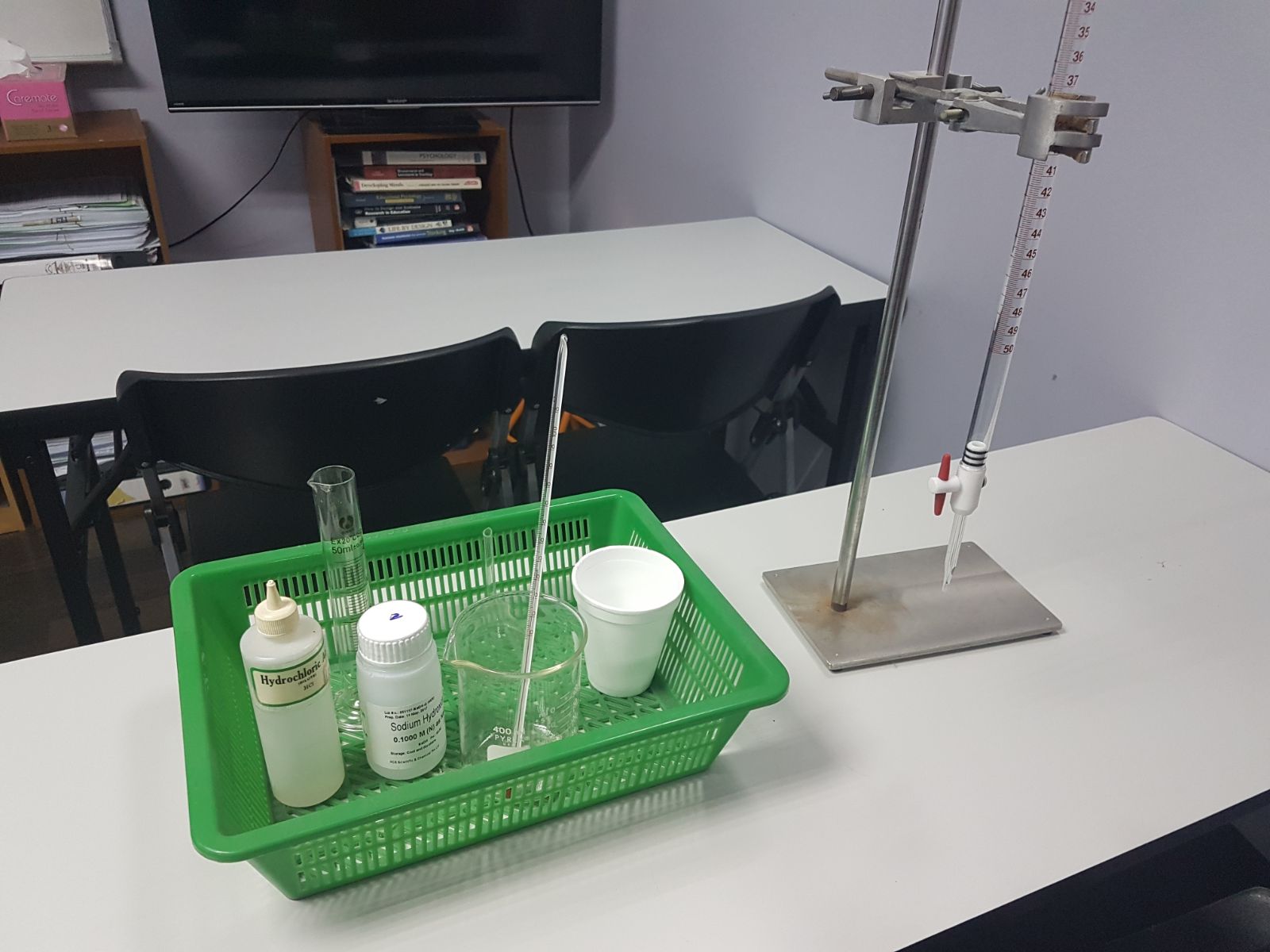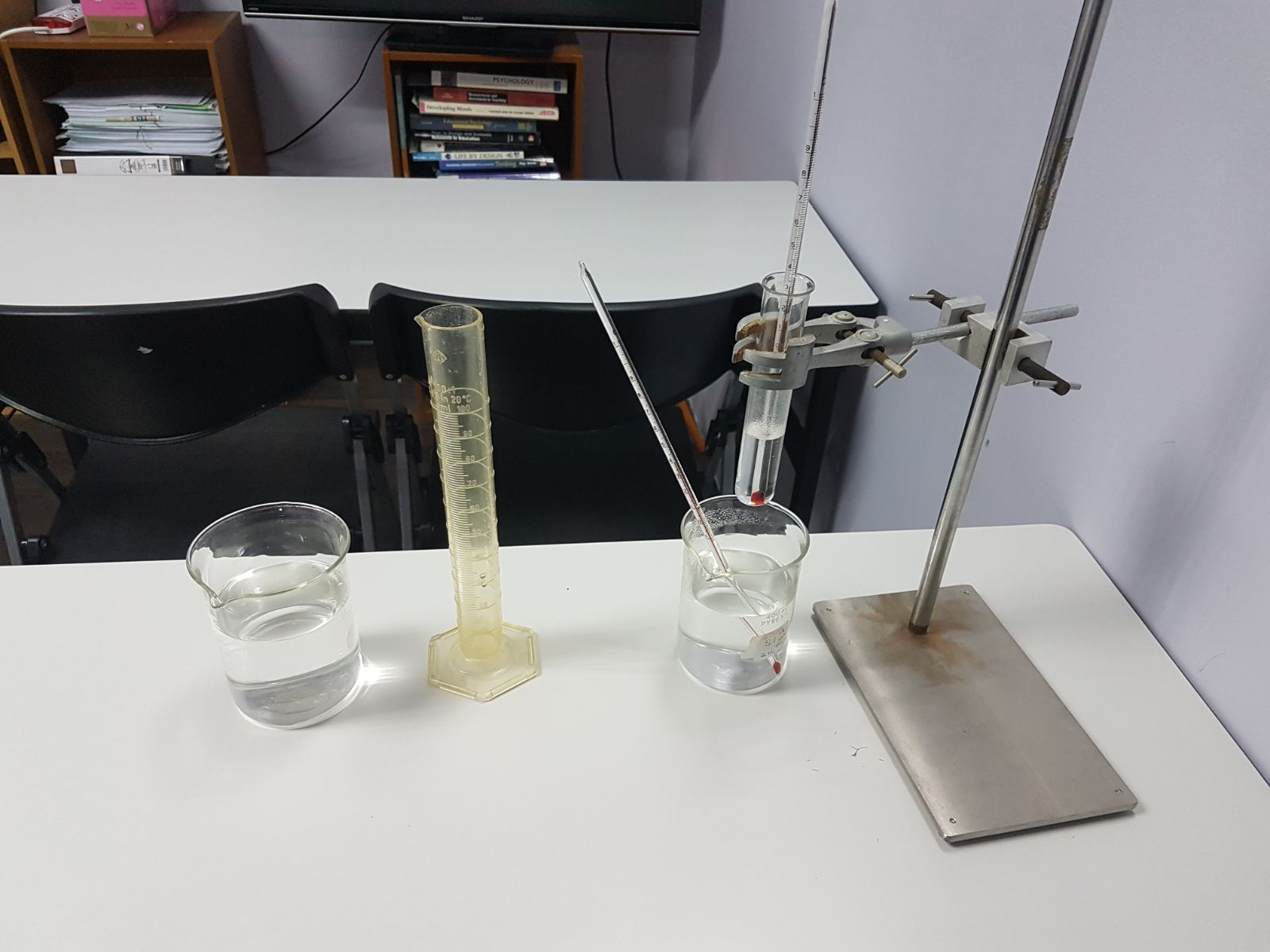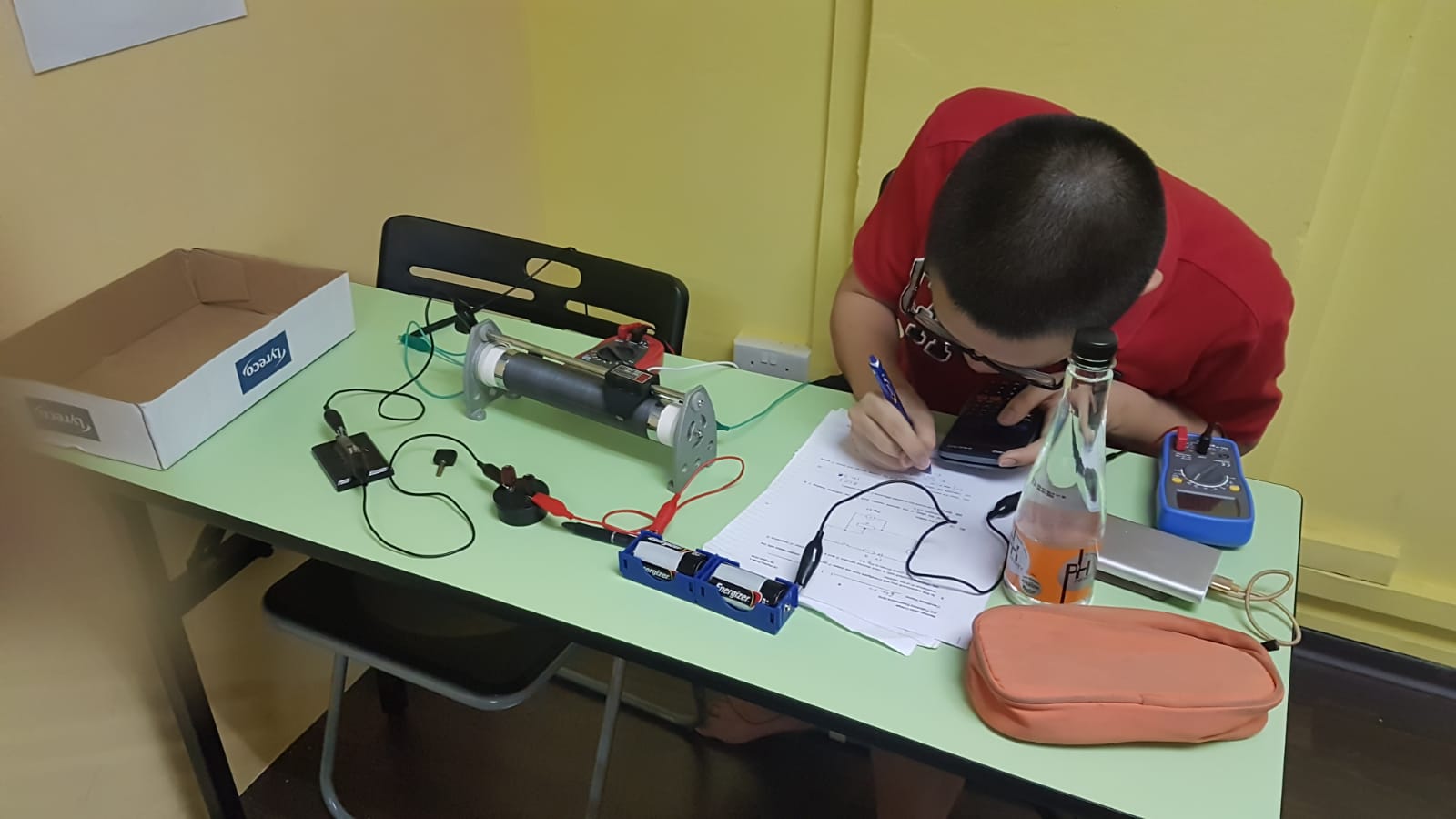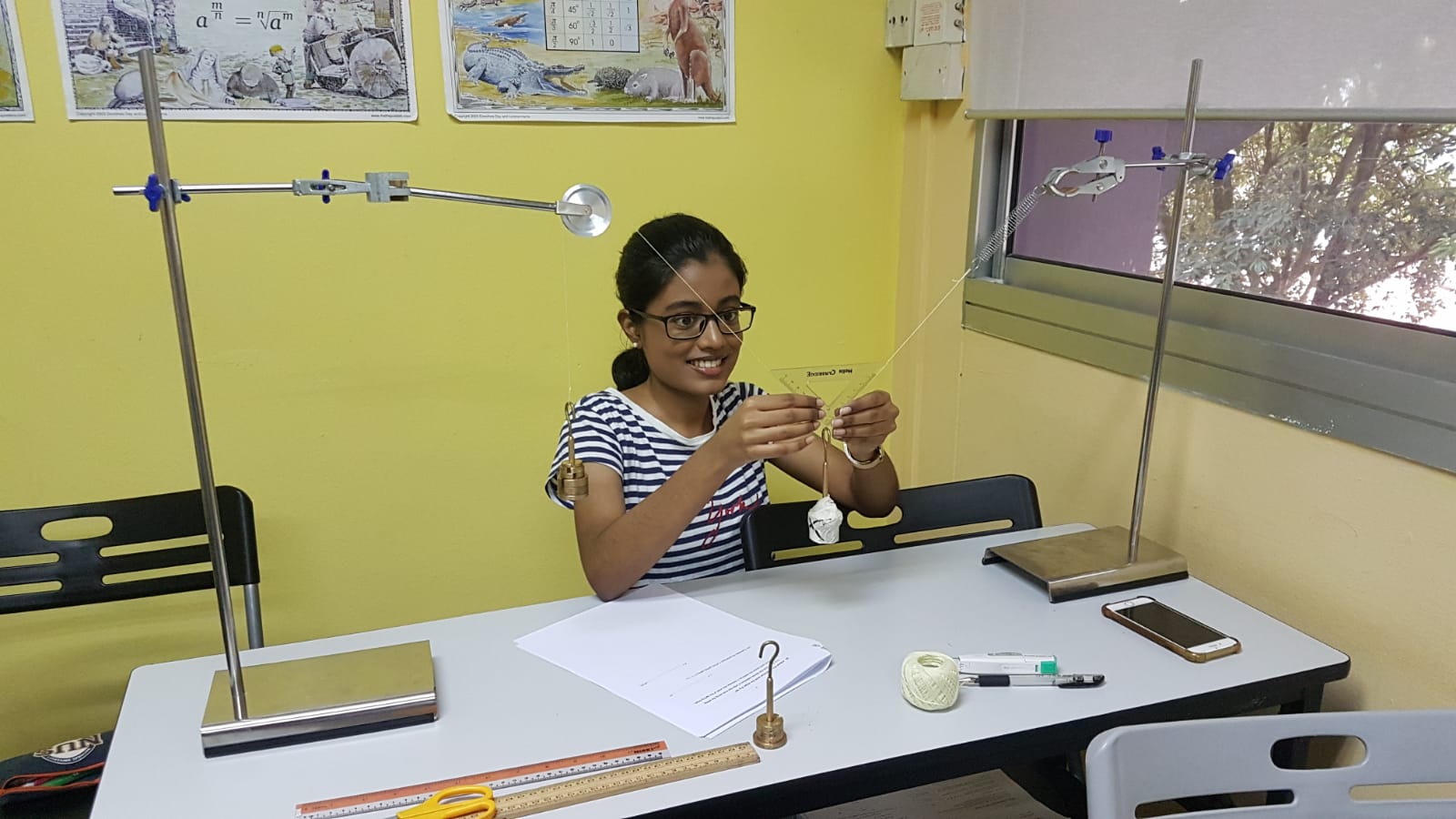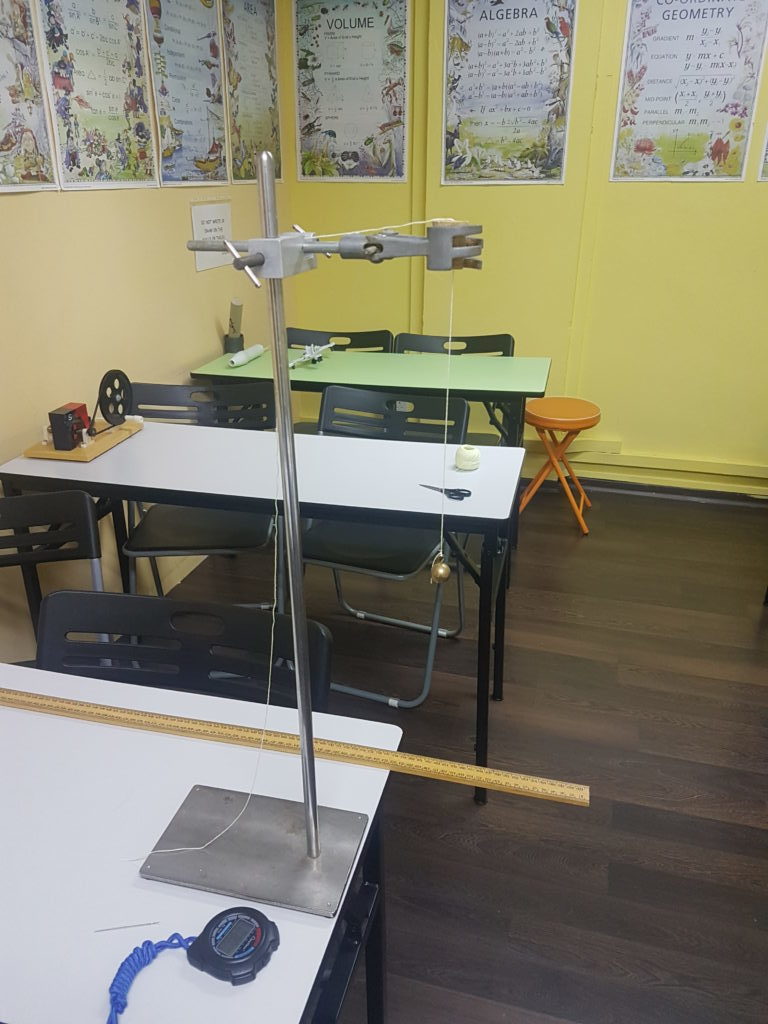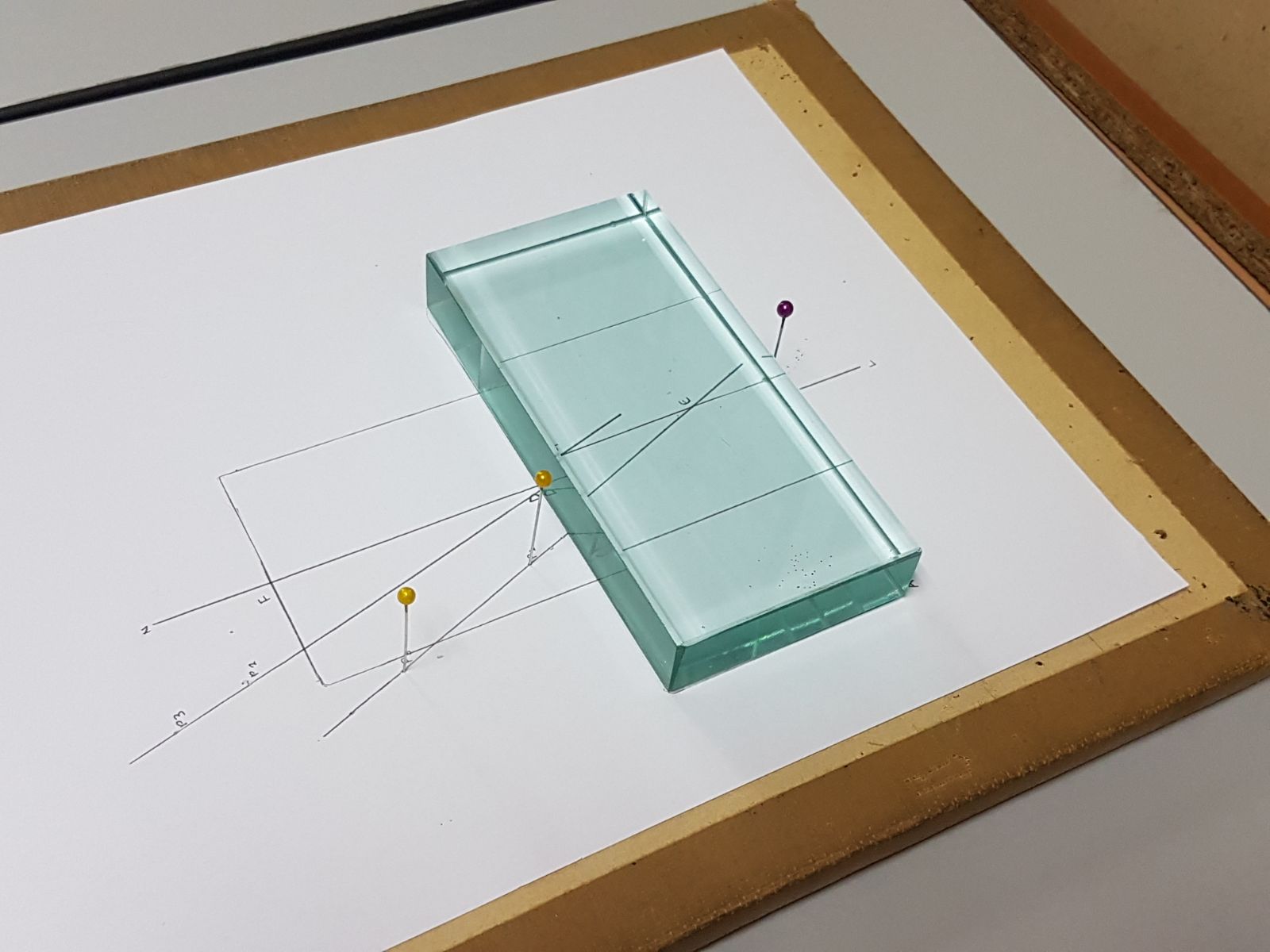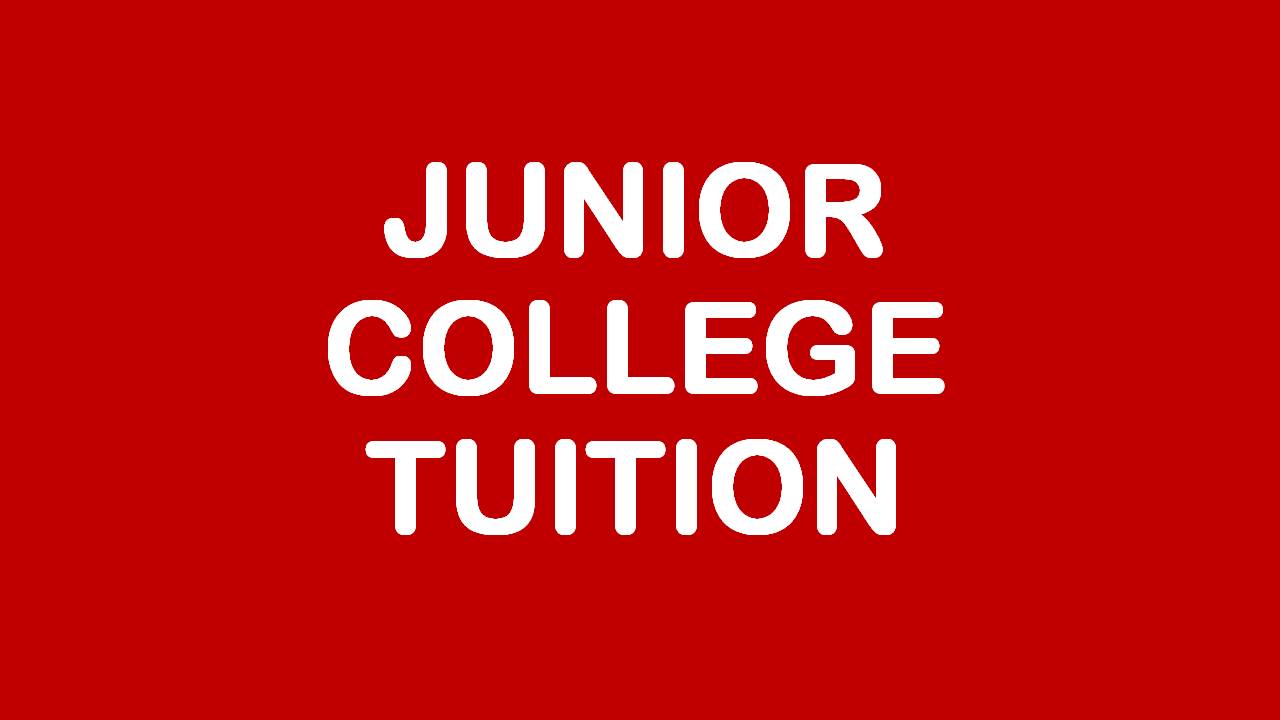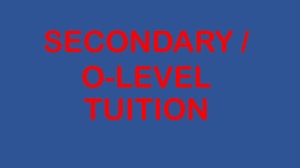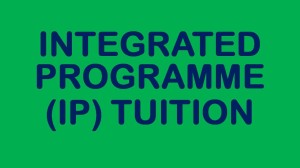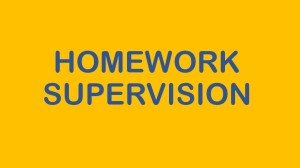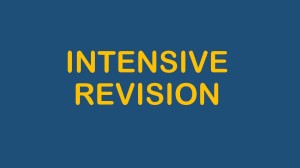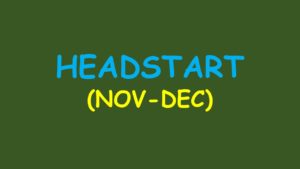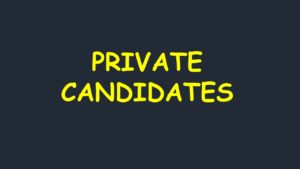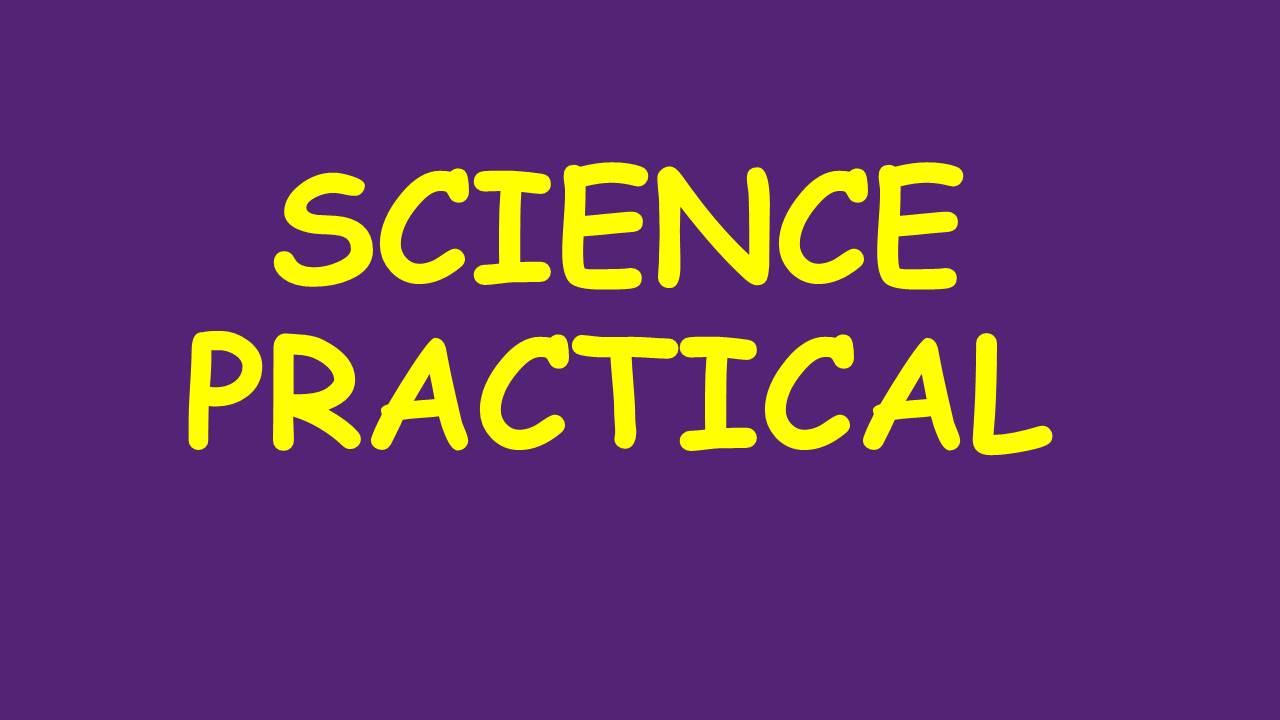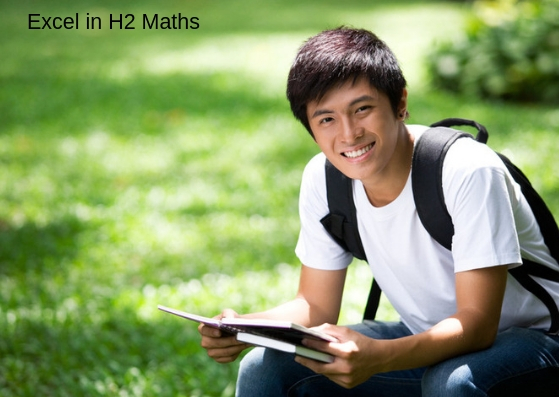Dear S4 Student,
If you had done poorly (B4 or below) in your Chemistry mid-year exam, do sign up for the following course to get a thorough Revision and Re-Learning of the most important O-Level Chemistry concepts, taught by an NIE-Trained Ex-Teacher with more than 5 years’ experience coaching students to excel in Chemistry.
If you are unsure about the course or anything related to your Chemistry performance, do call the course trainer directly at 9786 0411. Thank you!
JUNE HOLS INTENSIVE REVISION FOR O-LEVEL SCIENCE (PHY/CHEM)
Dear S4/S5 Student,
How did you perform in your Science (Phy/Chem) mid-year exam?
If you had done poorly (B4 or below), do sign up for the following course to get a thorough Revision and Re-Learning of the most important O-Level Science concepts, taught by an NIE-Trained Ex-Teacher with more than 10 years’ experience coaching students to excel in Physics and Chemistry.
If you are unsure about the course or anything related to your Science (Phy/Chem) performance, do call the course trainer directly at 9786 0411.
JUNE HOLS INTENSIVE REVISION FOR O-LEVEL MATH
Dear S4/S5 Student,
Whether you are going to JC or Poly, your grade in Math is VERY IMPORTANT. Thus if you had done poorly (B4 or below) in your Math mid-year exam, do sign up for the following course to get a thorough Revision and Re-Learning of the most important O-Level Math concepts, taught by an NIE-Trained Ex-Teacher with more than 12 years’ experience coaching students to excel in Math.
If you are unsure about the course or anything related to your Math performance, do call the course trainer directly at 9786 0411.
Biology Practical Training
NEW!
We provide A-Level and O-Level Biology and Science (Physics/Chemistry/Biology) Practical training for private candidates and homeschoolers.
You can book (at least 3 days in advance) any of the following slots for your science practical training:
(1) Monday 8.30 pm – 10.30 pm [O-Level Biology or Chemistry or Science]
(2) Tuesday 7.30 pm – 10.30 pm [H2 Biology]
Location: BLK 644, BUKIT BATOK CENTRAL, #01-68. s(650644)
Contact no: 65694897 or 9786 0411
What you will get at each session:
(1) Teaching and instruction on how to use the various scientific tools and instruments.
(2) Tips on how to answer a practical worksheet or exam paper, including recording of observations, drawing graphs, writing conclusions, describing precautions and planning a practical.
(3) Notes on important aspects of science practicals.
We will also conduct Practical Exams in September.
To book a Practical session,
(1) SMS or Whatsapp the following info to 9786 0411: (a) Name of student; (b) Date and Time; (c) Subject.
(2) Pay the Fees via cash, cheque or online transfer or Paylah or Paynow.
Chemistry Practical Training
IMPORTANT INFORMATION FOR PRIVATE CANDIDATES
The registration for ‘A’ and ‘O’ Level exams as a private candidate usually opens around mid-April (Please check SEAB website) and closes before mid-May. If you are registering for a Science subject (Physics, Chemistry, Biology or Combined Sciences), at the time of registration, you will be asked whether you have done any science practical training in any school, centre, or institute. Thus you must begin your science practical training before April. Science practical training in Singapore Learner qualifies as practical training for the purpose of registration for Science subjects for the ‘A’ and ‘O’ level exams.
Thus if you are considering Singapore Learner as your science practical training provider, you must register with us and complete at least 4 basic practical sessions for each subject by 31st April for us to certify that you have attended science practical training. As students usually do about 10 practical sessions per subject to be competent in practicals, the rest of the lab sessions can be done from May to early October, including the prelim/mock practical exams.
To proceed, please click on one of the following:
A-LEVEL H2 PRACTICALS
CIE A-LEVEL PRACTICALS
O-LEVEL PRACTICALS
SEC 3 PRACTICALS
IP PRACTICALS
Singapore Learner @ Bukit Batok
Blk 644, Bukit Batok Central, #01-68. S(650644).
Tel: +(65) 6569 4897, +(65) 88765498 (WHATAPPS) http://wa.link/w0xxk2
Email: singaporelearner@gmail.com
If you wish to visit us, kindly call or sms first. Thank you.
Physics Practical Training
We provide A-Level / H2 and O-Level Physics, Chemistry, Biology and Science (Physics/Chemistry/Biology) Practical training for private / school candidates and homeschoolers, for both local (eg. H2, Singapore-Cambridge) and international exams (CIE, IGCSE). School candidates are also welcome.
MOE/SEAB SYLLABUS FOR O-LEVEL PHYSICS PRACTICAL
Paper 3 (Practical) is weighted to 20% of the assessment.
Candidates are expected to have been exposed to a range of topics and experimental techniques such as:
1. measurements of length, time interval, temperature, volume, mass and weight using appropriate
instruments
2. determination of the density of a liquid, or of a regularly or irregularly shaped solid which sinks in
water
3. determination of the value of the acceleration of free fall
4. investigation of the effects of balanced and unbalanced forces
5. the principle of moments
6. determination of the position of the centre of gravity of a plane lamina
7. investigation of the factors affecting thermal energy transfer
8. determination of heat capacities of materials and latent heat of substances
9. the law of reflection
10. determination of the position and characteristics of an optical image formed by a plane mirror or a
thin converging lens
11. the refraction of light through glass blocks
12. the principle of total internal reflection
13. the focal length of lenses
14. determination of the speed, wavelength and frequency of waves
15. measurements of current and voltage by using appropriate ammeters and voltmeters
16. determination of the resistance of a circuit element using appropriate instruments
17. investigation of the magnetic effect of current in a conductor
18. investigation of the effects of electromagnetic induction
This is not intended to be an exhaustive list. Candidates are expected to be familiar with the use of dataloggers.
OUR STRUCTURED PRACTICAL TRAINING SYSTEM
Based on the above syllabus, we have several structured programs for you, depending on whether you are a Beginner or a Reviser.
You are at the Beginner level if you have never done any Physics Practical work before, or your last Physics Practical session was more than 2 years ago.
You are at the Reviser level if you have completed the Beginner practicals, or you are re-taking your Physics Practical exam, or you are a school candidate who has completed Sec 3.
OUR PHYSICS PRACTICAL SCHEDULE 2021
Lab PP1: MECHANICS (TOPICAL TRAINING, LEVEL: BEGINNER) (Available sessions: 20/8 (3pm-5pm))
Lab PP2: HEAT: COOLING CURVE + SHC + LATENT HEAT (TOPICAL TRAINING, LEVEL: BEGINNER) (Available sessions: 27/8 (2.30pm-4.30pm); 29/8 (3pm-5pm))
Lab PP3: ELECTRICITY (TOPICAL TRAINING, LEVEL: BEGINNER) (Available sessions: 19/8 (11.30am-1.30pm); 4/9 (9.30am-11.30am); 16/9 (2.30pm-4.30pm); 19/9 (11.30am-1.30pm)
Lab PP4: LIGHT: GLASS BLOCK + CONVERGING LENS (TOPICAL TRAINING, LEVEL: BEGINNER) (Available sessions: 29/8 (3.00pm-5.00pm); 4/9 (9.30am-11.30am); 10/9 (2.30pm-4.30pm))
Lab PP5: SPRING EXTENSION + POTENTIOMETER + OSCILLATION (EXAM PAPER TRAINING, LEVEL: REVISER) (Available sessions: 27/8 (3pm-5pm))
Lab PP6: TOTAL INTERNAL REFLECTION + RESISTIVITY + MOMENTS (EXAM PAPER TRAINING, LEVEL: REVISER) (Available sessions: 26/8 (10.30am-12.30pm))
Lab PP7: PENDULUM + D.C CIRCUITS + PULLEY SYSTEM (EXAM PAPER TRAINING, LEVEL: REVISER) (Available sessions: 3/9 (10.30am-12.30pm))
Lab PP8: OSCILLATION + D.C CIRCUITS + AIR RESISTANCE (EXAM PAPER TRAINING, LEVEL: REVISER) (Available sessions: 28/8 (9.30am-11.30am))
Lab PP9: FORCES + OSCILLATION + D.C CIRCUITS (EXAM PAPER TRAINING, LEVEL: REVISER) (Available sessions: 18/9 (9.30am-11.30am))
Lab PP10M: MECHANICS + POTENTIOMETER + PLANNING (MOCK EXAM) (Available sessions: 30/9 (10.30am – 1pm); 2/10 (9.30am-12.00pm); 3/10 (11.30am-2.00pm))
Training session fee: $220 per session
Mock exam fee: $280 per session
What you will get at each practical session:
(1) Teaching and instruction on how to use the various scientific tools and instruments.
(2) Tips on how to answer a practical worksheet or exam paper, including recording of observations, drawing graphs, writing conclusions, describing precautions and planning a practical.
(3) Notes on important aspects of science practicals.
We will also conduct Mock Practical Exams in September and October
HOW TO BOOK A LAB SESSION:
(1) Decide which Program or Lab sessions you need or most suitable for.
(2) Whatsapp or Message our staff at 9786 0411 with your Name, Private or School Candidate, A or O level, Subject or Lab Name (e.g Lab PP2), Date and Time of Lab. (Our staff will then guide you on how to register and make payment. If you are not sure about the lab sessions, just state your Name and the Subjects and we will get back to you)
(3) Register Online by clicking below:
(4) Pay Registration fee of $30 via Paynow or funds transfer.
(5) Make the required payment for each lab session at least 5 days before the date of the lab session. (You may also pay for several sessions at one go to ensure that you will have a place in future slots)
FEES PER SESSION
Practical Training Session: $220
Mock Exam:- $280
(The full fee must be paid at least 5 days before the practical session to confirm your attendance as a lot of preparation is needed for practicals coupled with very limited class size. No refund will be given should you fail to turn up.
Singapore Learner @ Bukit Batok
Blk 644, Bukit Batok Central, #01-68. S(650644).
Tel: +(65) 6569 4897, +(65) 9786 0411 (SMS)
Email: principal@singaporelearner.com
If you wish to visit us, kindly call or sms first. Thank you.
O-LEVEL | SEC 3-4 | SOCIAL STUDIES TUITION
Sec 4 Social Studies: Sunday| 2.30 pm – 4.00 pm | Code: S4SS1
Sec 3 Social Studies: Sunday| 2.30pm – 4.00pm| Code: S3SS1
TO REGISTER, SMS <STUDENT NAME>, <CODE> TO 88765498
———————————————————————————————————–
Administrative Matters:
Location: Blk 644, Bukit Batok Central, #01-68. S(650644).
Our location is just a 3-min walk from either the Bukit Batok MRT station or the Bukit Batok Bus Interchange. Buses that stop along the roads surrounding our location are numbers 157, 178, 66, 506, 173, 174, 176, 187, 985. Buses services which terminate at Bukit Batok Bus Interchange are 61, 77, 106, 173, 177, 189, 852, 941, 945, 947.
TO REGISTER, SMS <STUDENT NAME>, <CODE> TO 88765498
For enquiries, kindly call 65694897 or sms to 88765498 http://wa.link/w0xxk2
TUITION CLASSES:
EDUCATIONAL SERVICES:
By EX-MOE TEACHERS & EXPERIENCED TUTORS
@ BLK 644, BUKIT BATOK CENTRAL, #01-68. S(650644).
CALL 65694897 OR Whatapps 88765498 (Admin Staff).
Physics Practical – Period of a Pendulum
Conducted my first Physics Practical this year last Sunday – Finding the Period of a Simple Pendulum – for a S4 student who had not done any Physics Practical while in S3. Strange but true.
Although this is a simple physics practical, students can still make the following errors:
(1) Not measuring the length of the pendulum as the distance between the point of suspension and the middle of the bob;
(2) Not securing the string such that it can slip as the pendulum swings;
(3) Allowing the pendulum to swing in an oval or circular fashion (not in a single plane);
(4) Counting wrongly the number of oscillations;
(5) Not recording the data in the table to the correct number of significant figures;
(6) Choosing the wrong scale for the graph;
(7) Not drawing a best-fit line;
(8) Writing the wrong unit for the gradient;
Looking forward to the next Physics and Chemistry Practicals.
If you need any Science Practical Training, do message our Admin at 88765498.
O-LEVEL PHYSICS PRACTICAL
O-LEVEL CHEMISTRY PRACTICAL
O-LEVEL BIOLOGY PRACTICAL
MOCK EXAMS FOR SCIENCE PRACTICAL 2023
HANDS-ON PRACTICAL CRASH COURSES
Click box below for more info:
JC1 H2 MATH TUITION for JPJC students
As you know, different JCs do not teach the same sequence of H2 math topics, and even for the same sequence, the pace may be different. We have been coaching PJC and JJC students since 2007, thus this year we are allocating two tuition slots just for JPJC students as follows:
(1) Saturday | 4.15 pm – 5.45 pm
(2) Sunday | 2.30 pm – 4.00 pm
Our Location: Blk 644, Bukit Batok Central, #01-68. S(650644)
Do join us early if you wish to master H2 Math and you are aiming for an ‘A’ at the A-Levels.
Early birds get at a good discount off the standard fee.
If you sign up in Feb, the fee per month of 4 lessons is just $240. This is to encourage JC students to learn ahead of their school, or at the least keep up with their school work.
Please note that our standard monthly fee for JC1 H2 math is $340.
For enquiries, call us at 65694897 or send a message to 88765498 http://wa.link/w0xxk2
You can also REGISTER for our classes by sending your Name and Tuition Day & Time to 88765498.
JC H2 Maths and Physics Lecture Series Tuition
For all JC students taking H2 Physics or H2 Mathematics in 2019. Are you feeling lost or confused in class? Not able to keep up with your H2 tutor in school? Have you forgotten some key concepts and need focused revision? Are you anxious that your school’s syllabus is too slow and want to get a head start? Do you just want a refresher session on the weekend to help you retain all that content after class?
Here at Singapore Learner, we have topical lecture series to address these needs! Priced at a competitive rate of $120/- every 2 lectures, or $190/- every 4 lectures, you can attend whichever topic of your choosing at our given time slots. Our lecture series will cover the full content of the entire topic, without skipping or speeding up unnecessarily, as well example questions based on popular questions asked in tutorial, block tests, as well as the A-levels. Our small class size ensures that we can address every misconception a student in time. Strengthen your concepts and build towards that A-grade with us now!
Lectures start with H2 Maths followed by H2 Physics. Sign up for 20 lectures with us before 10th Feb and you can get them at an exclusive price of $890!
Saturday Lectures
16th Feb:
9:00am – 10:30am – Functions Part 1
10:45am – 12:15pm – Measurements Part 1
23rd Feb:
9:00am – 10:30am – Functions Part 2
10:45am – 12:15pm – Measurements Part 2
2nd Mar:
9:00am – 10:30am – Graphing Part 1
10:45am – 12:15pm – Kinematics Part 1
9th Mar:
9:00am – 10:30am – Graphing Part 2
10:45am – 12:15pm – Kinematics Part 2
16th Mar:
9:00am – 10:30am – Inequalities Part 1
10:45am – 12:15pm – Dynamics Part 1
23rd Mar:
9:00am – 10:30am – Inequalities Part 2
10:45am – 12:15pm – Dynamics Part 2
30th Mar:
9:00am – 10:30am – Sequences and series Part 1
10:45am – 12:15pm – Forces Part 1
6th Apr:
9:00am – 10:30am – Sequences and series Part 2
10:45am – 12:15pm – Forces Part 2
13th Apr:
9:00am – 10:30am – Differentiation Part 1
10:45am – 12:15pm – Work, Energy, Power Part 1
20th Apr:
9:00am – 10:30am – Differentiation Part 2
10:45am – 12:15pm – Work, Energy, Power Part 2
27th Apr:
9:00am – 10:30am – Maclaurin Series Part 1
10:45am – 12:15pm – Circular Motion Part 1
4th May:
9:00am – 10:30am – Maclaurin Part 2
10:45am – 12:15pm – Circular Motion Part 2
11th May:
9:00am – 10:30am – Integration Part 1
10:45am – 12:15pm – Gravitation Part 1
18th May:
9:00am – 10:30am – Integration Part 2
10:45am – 12:15pm – Gravitation Part 2
25th May:
9:00am – 10:30am – Definite Integrals Part 1
10:45am – 12:15pm – Temperature and Ideal gas Part 1
8th Jun:
9:00am – 10:30am – Definite Integrals Part 2
10:45am – 12:15pm – Temperature and Ideal Gas Part 2
15th Jun:
9:00am – 10:30am – Differential Equations Part 1
10:45am – 12:15pm – First Law of Thermodynamics Part 1
22th Jun:
9:00am – 10:30am – Differential Equations Part 2
10:45am – 12:15pm – First Law of Thermodynamics Part 2
29th Jun:
9:00am – 10:30am – Revision Lecture Pure Math Part 1
10:45am – 12:15pm – Oscillation Part 1
6th Jul:
9:00am – 10:30am – Revision Lecture Pure Math Part 2
10:45am – 12:15pm – Oscillation Part 2
Sunday Lectures
17th Feb:
9:00am – 10:30am – Vectors Part 1
10:45am – 12:15pm – Wave Motion Part 1
24th Feb:
9:00am – 10:30am – Vectors Part 2
10:45am – 12:15pm – Wave Motion Part 2
4th Mar:
9:00am – 10:30am – Vectors Part 1
10:45am – 12:15pm – Superposition Part 1
10th Mar:
9:00am – 10:30am – Complex Numbers Part 1
10:45am – 12:15pm – Superposition Part 2
17th Mar:
9:00am – 10:30am – Complex Numbers Part 2
10:45am – 12:15pm – Current of Electricity Part 1
24th Mar:
9:00am – 10:30am – Permutations and Combinations Part 1
10:45am – 12:15pm – Current of Electricity Part 2
31st Mar:
9:00am – 10:30am – Permutations and Combinations Part 2
10:45am – 12:15pm – DC circuits Part 1
7th Apr:
9:00am – 10:30am – Probability Part 1
10:45am – 12:15pm – DC Circuits Part 2
14th Apr:
9:00am – 10:30am – Probability Part 2
10:45am – 12:15pm – Electric Fields Part 1
21st Apr:
9:00am – 10:30am – Discrete Random Variables Part 1
10:45am – 12:15pm – Electric Fields Part 2
28th Apr:
9:00am – 10:30am – Discrete Random Variables Part 2
10:45am – 12:15pm – Electromagnetism Part 1
5th May:
9:00am – 10:30am – Normal Distribution Part 1
10:45am – 12:15pm – Electromagnetism Part 2
12th May Physics:
9:00am – 10:30am – Normal Distribution Part 2
10:45am – 12:15pm – Electromagnetic Induction Part 1
19th May Physics:
9:00am – 10:30am – Sampling Part 1
10:45am – 12:15pm – Electromagnetic Induction Part 2
26th May Physics:
9:00am – 10:30am – Sampling Part 2
10:45am – 12:15pm – AC Circuits Part 1
9th Jun Physics:
9:00am – 10:30am – Hypothesis Testing Part 1
10:45am – 12:15pm – AC Circuits Part 2
16th Jun Physics:
9:00am – 10:30am – Hypothesis Testing Part 2
10:45am – 12:15pm – Quantum Physics Part 1
23rd Jun Physics:
9:00am – 10:30am – Correlation and Linearity Part 1
10:45am – 12:15pm – Quantum Physics Part 2
30th Jun Physics:
9:00am – 10:30am – Correlation and Linearity Part 2
10:45am – 12:15pm – Nuclear Physics Part 1
7th Jul Physics:
9:00am – 10:30am – Revision Lecture Stats
10:45am – 12:15pm – Nuclear Physics Part 2
PROGRAMME HAS CEASED OPERATIONS, PLEASE REFER TO OUR REGULAR TUITION SCHEDULE
